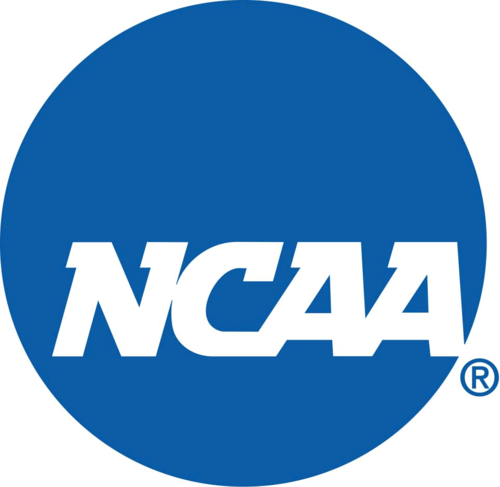An amateur athlete, by definition, is an athlete who meets the eligibility standards established by the national governing body for the sport in which the athlete competes. Most amateur athletes with professional aspirations are governed by the NCAA. Eligibility standards apply to both current and prospective NCAA athletes. In the all-exposing era of social media, some known and regulated amateur athletes could be as young as 14-years-old. The NCAA has extremely complex regulations on what athletes are allowed to do without losing their amateur status and resulting eligibility. At the same time, a competing force exists in fans, managers, companies and others looking to somehow include themselves in the rise of amateur athletes, often with profitable intentions. Many of these kids and their families come from disadvantaged positions, enticing them to accept help. Help also comes in more honest forms, such as financial planning advice. Regardless of the intention of the help, the athlete’s acceptance poses a potential to break NCAA rules and ban them from ever donning a collegiate jersey. Amateur athletes and their families need and seek guidance to aid in their overwhelming rise to athletic stardom. In response, the NCAA has established a set of puzzling rules that attempt to outline what guidance they can and cannot receive.
The Uniform Athlete Agents Act (UAAA) strictly prohibits amateur athletes from hiring an agent. The intention of the NCAA is to prevent unscrupulous agents from committing harmful acts on vulnerable, young athletes. In the opinion of the NCAA, one’s actions are what make them an agent, not their claimed title. With no legal path to agent representation, enter advisors. The difference between agents and advisors has become an unwritten, grey area that many lack understanding of. Simply put, agents are illegal, and advisors are legal in amateurism. Sports Agent Blog reached out to the compliance offices of various universities with the goal of distinguishing between the two.
The compliance officers confirmed that it is permissible for athletes to seek out and receive help. Advisors are permitted to reach out to athletes and offer their services. What determines the legality of the advisor-athlete relationship is what is actually exchanged between the two sides. The “help” advisors give is uniformly termed “benefits.” Amateur athletes can receive benefits but cannot receive free benefits. The NCAA has not explicitly defined what benefits are or look like. When in doubt, consider any form of help to fall under the benefits umbrella.
There are two types of advisors, each held to different standards. NCAA rules are lax on genuine family friends of athletes who step in to offer a word of advice upon request. The rules are very strict, however, regarding advisors who come from a professional capacity. This “professional” advisor can take the form of a lawyer, financial advisor, insurance broker, among many other capacities. When amateur athletes receive benefits from a “professional advisor,” they must pay for those services. There also exists a two-way street; advisors cannot receive free benefits from amateur athletes. Complimentary game tickets, for example, would be considered illegal free benefits. Advisors must charge amateur athletes the same dollar rate they charge other clients.
Brad Barnes, the Assistant Athletic Director of Compliance at Texas A&M University, listed 3 actions that turn legal advisors into illegal agents.
- Providing amateur athletes with any free benefit
- Any form of communication between the advisor and a professional team
- Any form of agreement between the athlete and advisor appointing the advisor to be hired as the athlete’s agent upon turning pro
With that said, there are many routes advisors can take to help athletes without breaking NCAA rules. Doug Archie, Director of Athletic Compliance at of Ohio State University, asserted that advisors are permitted to go over contracts with student-athletes. They can explain what certain components of contracts entail and even suggest which route to take in the athlete’s decision making. Advisors aren’t, however, allowed to speak to the professional team offering that contract.
Advisors can help with miscellaneous items that come up throughout an athlete’s career. They must be careful not to provide the athletes with special opportunities that are not available to others. An advisor is permitted, for example, to meet with a student-athlete, walk them through housing options and the costs associated, and make a suggestion on which they should choose. An advisor can sit down with a student-athlete and explain to them the options they have in obtaining disability insurance or starting a charitable organization. What advisors can’t do, serving as an illegal special opportunity, is use a friend or their own expertise to provide athletes with modified agreements not available to the general public.
Amateur athletes need help, but the NCAA has limited the help they are allowed to receive. Advisors have stepped in to provide a legal avenue to fill that void. For their own protection, it is crucial for both amateur athletes and advisors to be aware of what they can and cannot do.
Interested in information about sports betting. This site has live football betting odds.
